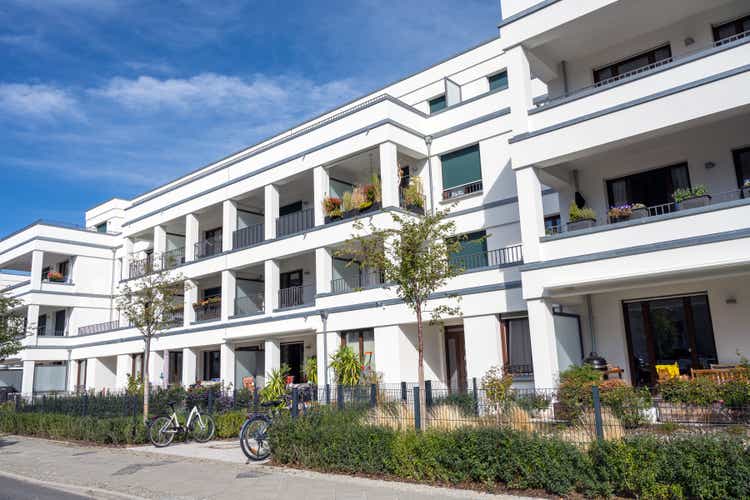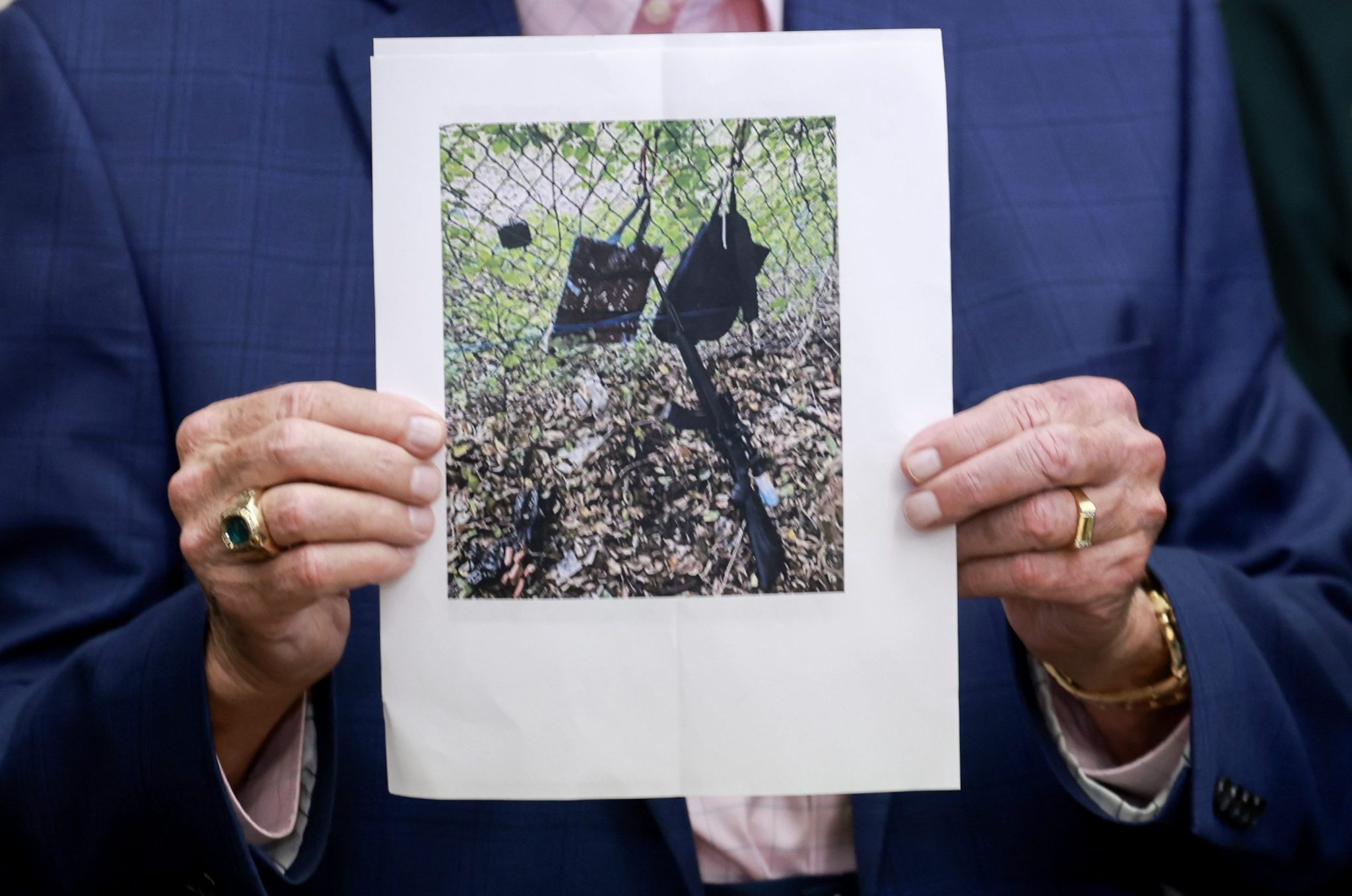The 56th GST Council meeting, held in New Delhi and chaired by Finance Minister Nirmala Sitharaman, proposed changes to GST tax rates aimed at providing relief to individuals, supporting the aspirational middle class, and facilitating trade, with new slabs targeting key sectors like housing, small-scale businesses, and everyday household items to deliver meaningful savings while boosting demand across industries.
Relief for housing and construction
Marble blocks, travertine blocks, and granite blocks will now attract GST at the rate of 5 per cent instead of 12 per cent. Since these materials are extensively used in housing projects, the reduction is said to provide an apt fillip to the housing industry. States like Rajasthan, Gujarat, and Karnataka, which mainly extract marble and granite, will benefit the most.
The tax rate has also been reduced on sand-lime bricks and stone luing works from 12 to 5 per cent. The move will help reduce construction costs, more particularly for affordable rural housing.
Everyday essentials become more affordable
Aluminium milk cans, copper and aluminium kitchenware, and mundane household cutlery will attract 5 per cent GST, down from 12 per cent. The lift in taxation accompanied the price reduction at retail, thereby favoring the durable metal utensils against plastics. The increase in demand should help MSMEs manufacturing such products to increase sales and have better reach to markets.
In addition, the GST for brass kerosene pressure stoves has now been reduced from 12 per cent to 5 per cent, thereby making these precious cooking items affordable to the rural and poor, besides also working at improving household-level energy access.
Support for artisans and handicrafts
There will be now a 5 per cent GST levied on brass- and copper-alloy handicrafts plated with nickel or silver, as well as aluminium handicrafts, down from 12. This will assist mostly the artisans and small-scale industries with marketing and competing in the market.
The move will further boost customer bases for Indian artisans while promoting Indian handicrafts within the ambit of the government’s 'Make in India' concept, hence preserving the country's rich cultural heritage.
Services-wise, the rate of GST for multimodal transport of goods within India has been lowered from 12 per cent (restricted credit) to 5 per cent. The rate cut will be an advantage to mining and mineral industries, especially for long-distance transport of any minerals like iron ore wherein transport cost becomes a sizable factor.

 3 hours ago
1
3 hours ago
1













 English (US) ·
English (US) ·